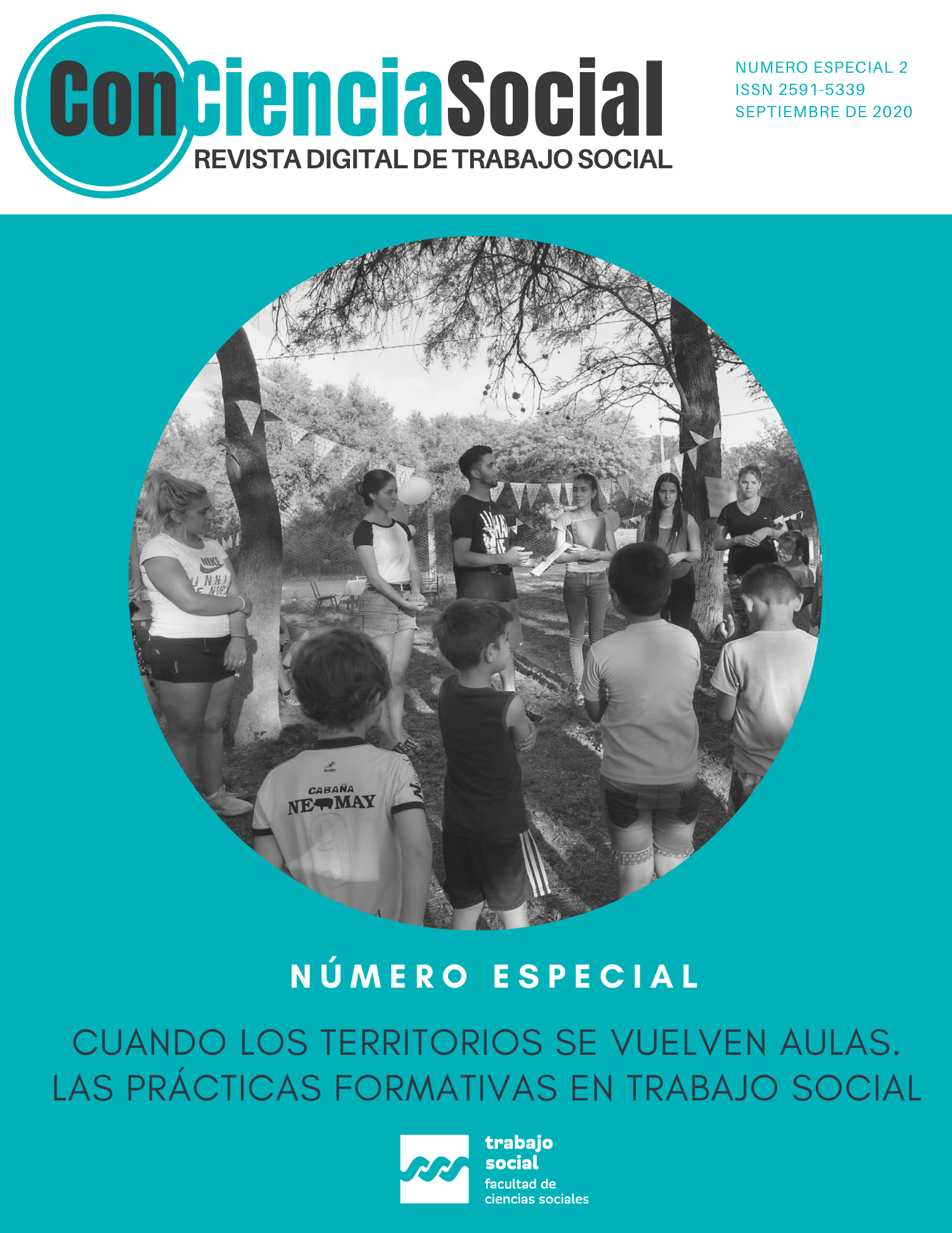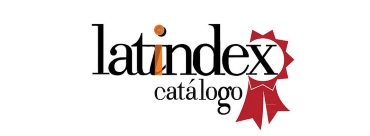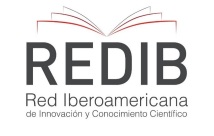Editorial
Keywords:
editorial, segundo especial, conciencia socialAbstract
"It can be said, then, that the practices would remain in the personal time of the subjects in training as one of the most powerful brands in terms of the constitution of their professional identity" (Acevedo and Peralta, 2010)
For years, those of us who are part of the Social Work Career at the UNC have been asking ourselves -and at the same time rehearsing possible answers- about the ways of teaching, learning, doing and knowing how to do in academic practices. These questions were deepened - together with national and Latin American disciplinary debates - through the implementation of curricula that (re)meant practice as the central axis for degree training, in increasingly complex training and intervention scenarios and contexts.
Our 2004 Curriculum defines academic practices as "a central space of learning in training (...) they are constructed as a space of teaching learning that is characterized by an intentional contact with reality with a learning objective, differentiating it from professional practice"[1] Therefore, academic practices are also constituted in a time/space of connection between the University and its classrooms with the diverse territories, institutions, others, and others.
It is there, in these intersections, where practices are created, where the classroom is a particular territory of intervention, of creation of pedagogical proposals on a professional knowledge/doing; classrooms crossed by the inequalities of our times and filled with the diversities of those who inhabit them; classrooms where the ways of being and seeing the world are articulated to ways of thinking (se) as students and teachers of Social Work.
At the same time, the territories -those scenarios outside the University with their protagonists, logics, demands, own views on the profession- are powerful spaces of teaching and learning, where diverse knowledge and doings are put in dialogue, recognizing the different perspectives of actors who converge in the construction of teaching and learning strategies of the profession.
For at least 20 years, the then School of Social Work - through its management and teaching teams, institutional referents, members of the organizations and students - has been generating spaces for deep discussions about the place and characteristics of the practices in degree training. As a result of these collective paths, the institutional bets and the impulses of the chairs to write and reflect on our daily task, this special issue of Social Conscience Magazine was born; an issue we call "When territories become classrooms. The formative practices in Social Work", and that was gestated as an invitation to the pause, to a specific moment to (re)think, to retrace and to write again on the learnings, challenges and desires on the practices in Social Work, in the light of the trajectories and of the new demands that these times print to our knowledge - know-how.
This issue takes shape at a time of special complexity for our peoples, scenarios that crystallize the greatest injustices and inequalities while inviting us to redouble the cultural, political, epistemic disputes over the senses and the need to think and do different ways of inhabiting the world. From our places - Public University and Social Work - it is time to strengthen the ethical and political commitments that shape us as a profession; it is also time to give us the time to reflect and listen, to co-construct learnings and creative interventions, flexible and founded at the same time. These are times to re-signify which are the spaces, the ways, the processes through which we do learning and we learn by doing the profession: From what frames do we teach and learn the profession of Social Work? From what lenses do we build reality and otherness? And, fundamentally, with whom do we look and build that reality and our profession? With what horizons?
1] Study Plan Document, 2004, p13. School of Social Work, Faculty of Law and Social Sciences. National University of Córdoba.
References
Documento Plan de Estudios, 2004, p13. Escuela de trabajo Social, Facultad de Derecho y Ciencias Sociales. Universidad Nacional de Córdoba.
Downloads
Published
Issue
Section
License
Copyright (c) 2020 Natalia Becerra

This work is licensed under a Creative Commons Attribution-ShareAlike 4.0 International License.
Aquellos autores/as que tengan publicaciones con esta revista, aceptan los términos siguientes:Los autores/as conservarán sus derechos de autor y garantizarán a la revista el derecho de primera publicación de su obra, el cuál estará simultáneamente sujeto a la Licencia de reconocimiento de Creative Commons que permite a terceros:
Compartir — copiar y redistribuir el material en cualquier medio o formato
Adaptar — remezclar, transformar y construir a partir del material para cualquier propósito, incluso comercialmente.
La licenciante no puede revocar estas libertades en tanto usted siga los términos de la licencia.Los autores/as podrán adoptar otros acuerdos de licencia no exclusiva de distribución de la versión de la obra publicada (p. ej.: depositarla en un archivo telemático institucional o publicarla en un volumen monográfico) siempre que se indique la publicación inicial en esta revista.
- Se permite y recomienda a los autores/as difundir su obra a través de Internet (p. ej.: en archivos telemáticos institucionales o en su página web) después del proceso de publicación, lo cual puede producir intercambios interesantes y aumentar las citas de la obra publicada. (Véase El efecto del acceso abierto).
Los derechos de explotación comercial (Copyrigth) quedan reservados para los autores.













